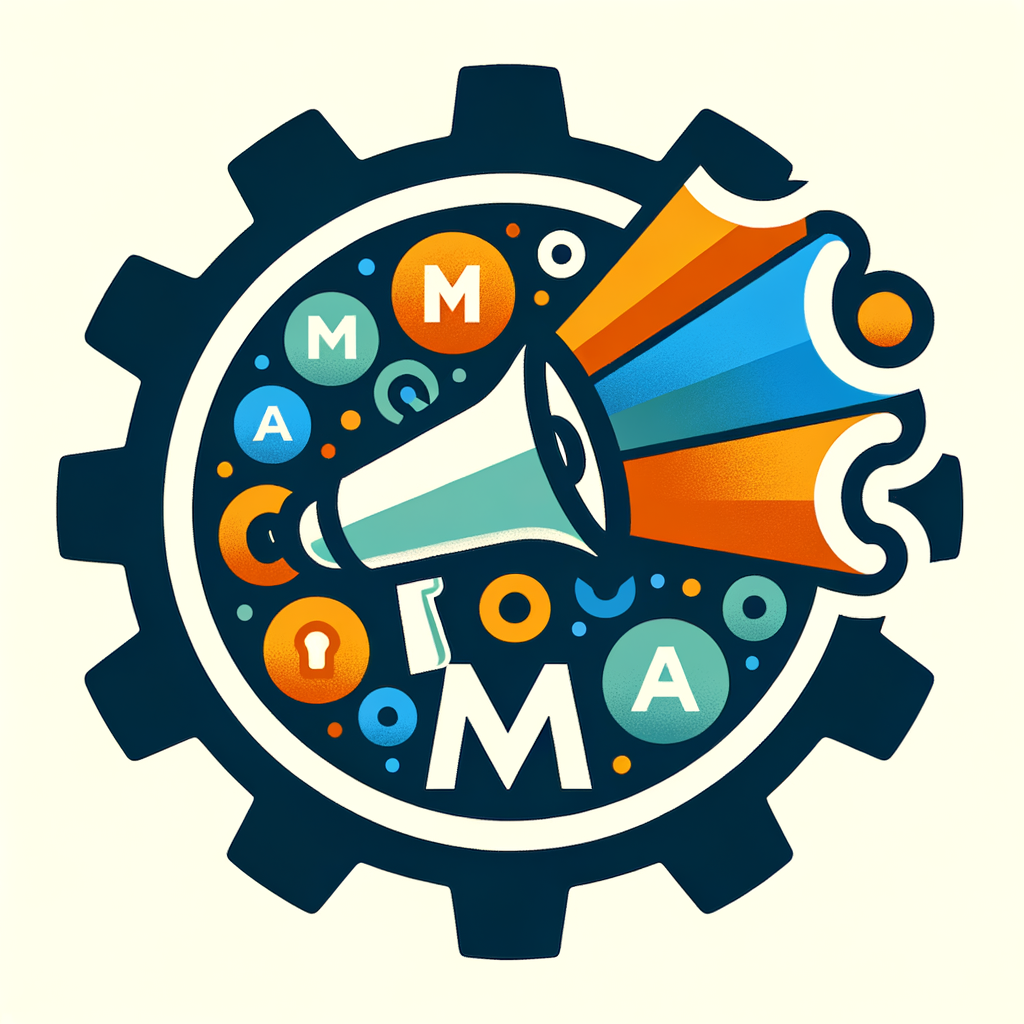What is marketing automation, and why is it crucial for businesses in the digital age? Marketing automation refers to the use of software and technology to streamline and automate various marketing processes, such as lead generation, email campaigns, social media management, and data analysis. By leveraging automation, businesses can enhance their marketing efforts, improve customer engagement, and drive revenue growth more efficiently.
Key Takeaways
- Marketing automation is the future of effective and efficient marketing strategies.
- Artificial Intelligence (AI) and Machine Learning (ML) will play a pivotal role in personalizing customer experiences and optimizing marketing campaigns.
- Omnichannel integration will become essential for delivering seamless customer journeys across multiple touchpoints.
- Data-driven marketing will gain prominence, enabling businesses to make informed decisions based on real-time insights.
- Automation will extend beyond traditional marketing tasks, encompassing areas like content creation, social media management, and customer service.
Artificial Intelligence and Machine Learning
The integration of Artificial Intelligence (AI) and Machine Learning (ML) into marketing automation platforms is set to revolutionize the way businesses interact with their customers. AI and ML algorithms can analyze vast amounts of data, identify patterns, and provide personalized recommendations and content tailored to individual preferences and behaviors. This level of personalization will enhance customer experiences and drive higher engagement rates.
Omnichannel Integration
In today’s digital landscape, customers engage with brands across multiple channels, including websites, social media, email, and mobile apps. Omnichannel integration will become a critical aspect of marketing automation, enabling businesses to deliver consistent and seamless customer experiences across all touchpoints. By leveraging automation, companies can orchestrate campaigns that span multiple channels, ensuring a cohesive and personalized journey for each customer.
Data-Driven Marketing
The future of marketing automation will be heavily driven by data. With the ability to collect and analyze vast amounts of customer data, businesses will gain valuable insights into customer behavior, preferences, and purchasing patterns. This data-driven approach will enable marketers to make informed decisions, optimize campaigns, and deliver highly targeted and relevant content to their audiences. Real-time data analysis and predictive modeling will become essential for staying ahead of the competition.
Content Creation and Management
Marketing automation will extend beyond traditional tasks like email campaigns and lead nurturing. The future will see automation playing a significant role in content creation and management. AI-powered tools will assist in generating personalized content at scale, while machine learning algorithms will optimize content distribution and delivery based on audience preferences and engagement metrics. This will enable businesses to create and deliver relevant and engaging content more efficiently.
Social Media Automation
Social media has become a critical component of modern marketing strategies. Marketing automation will increasingly integrate with social media platforms, enabling businesses to automate tasks such as content scheduling, monitoring, and engagement. AI-powered sentiment analysis and natural language processing will help companies better understand customer sentiments and respond promptly to inquiries and feedback, enhancing customer service and brand reputation.
Predictive Analytics and Forecasting
Predictive analytics and forecasting will play a pivotal role in the future of marketing automation. By leveraging machine learning algorithms and historical data, businesses will be able to anticipate customer behavior, identify potential churn risks, and forecast demand and sales trends. This proactive approach will enable marketers to optimize their strategies, allocate resources more effectively, and stay ahead of market trends.
Integration with Emerging Technologies
As technology continues to evolve, marketing automation will integrate with emerging technologies such as the Internet of Things (IoT), virtual and augmented reality, and voice assistants. These integrations will open up new avenues for customer engagement, personalization, and immersive experiences. For example, IoT devices could provide real-time data on customer behavior and preferences, enabling highly targeted marketing campaigns.
The future of marketing automation is an exciting and ever-evolving landscape. By embracing innovation and leveraging the power of technology, businesses can streamline their marketing efforts, deliver exceptional customer experiences, and drive sustainable growth. Stay ahead of the curve by continuously exploring and adopting new marketing automation trends and technologies.
To thrive in the digital age, businesses must embrace the future of marketing automation. Invest in the right tools, upskill your marketing teams, and foster a culture of innovation and data-driven decision-making. The possibilities are endless, and the rewards are substantial for those who adapt and capitalize on the transformative power of marketing automation.

